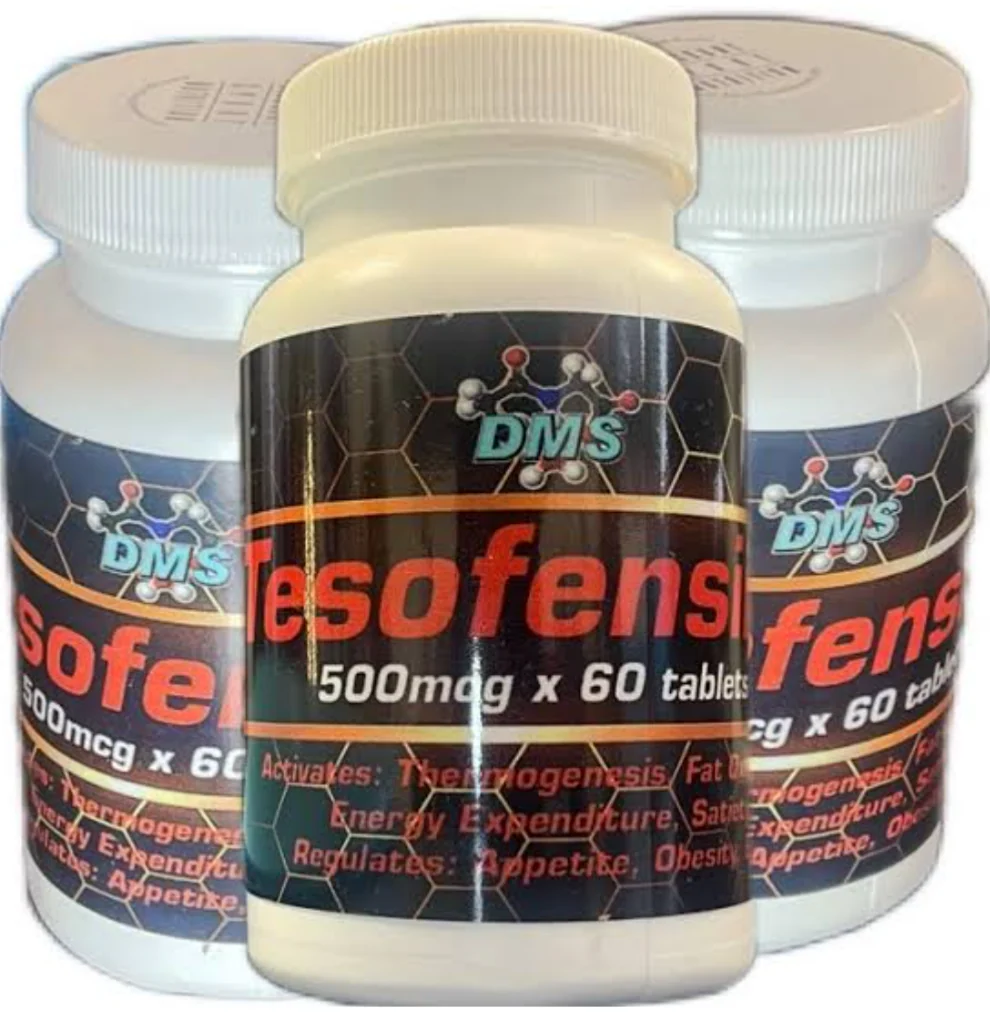Tesofensine For Sale
Tesofensine (NS2330) is an investigational oral medication, a triple monoamine reuptake inhibitor, initially developed for Alzheimer’s and Parkinson’s but repurposed for obesity treatment after phase 2 trials showed significant weight loss. Available only for research or through compounding pharmacies, it’s not FDA-approved and is restricted to clinical trials or research use. It’s banned by WADA and not for human consumption without medical supervision.
tesofensine
Mechanisms of Action
Tesofensine inhibits reuptake of dopamine, norepinephrine, and serotonin, increasing their levels in the brain. This suppresses appetite through α1-adrenoceptor and dopamine D1 receptor stimulation in the hypothalamus, reducing food intake. It may boost resting energy expenditure by 6% and fat oxidation by 15%. Phase 2b trials showed it silences GABAergic neurons in the lateral hypothalamus, curbing feeding, with an ED50 of 1.3 mg/kg in obese rats.
tesofensine weight loss
Weight Loss: Achieves 6.5–12.6% body weight loss (14.7–28.2 lbs) over 24 weeks at 0.25–1mg doses.
Appetite Suppression: Reduces hunger within 14 days, enhancing satiety.
Metabolic Health: Improves insulin sensitivity and glucose metabolism, potentially aiding type 2 diabetes.
tesofensine capsules
Fat Reduction: Decreases visceral fat, improving body composition.
TIPO-4 trials reported sustained 13–14 kg loss over 48 weeks at 0.5mg.
Dosage and Administration
Start at 0.25mg daily (oral, morning, with or without food) for 2–4 weeks, titrating to 0.5mg if tolerated. Some trials used 1mg, but side effects increase. A 500mcg capsule is common. Its ~9-day half-life requires careful titration. Store at room temperature.
tesofensine price
Safety and Side Effects
Common side effects include dry mouth, nausea, insomnia, diarrhea, and constipation (20–40%), typically mild. At 0.5mg, heart rate increases by ~7.4 bpm; 1mg may raise blood pressure (1–3 mmHg). Rare risks include psychiatric events (e.g., agitation). Not for those with uncontrolled hypertension or psychiatric disorders. Long-term safety data is limited.




Reviews
There are no reviews yet.